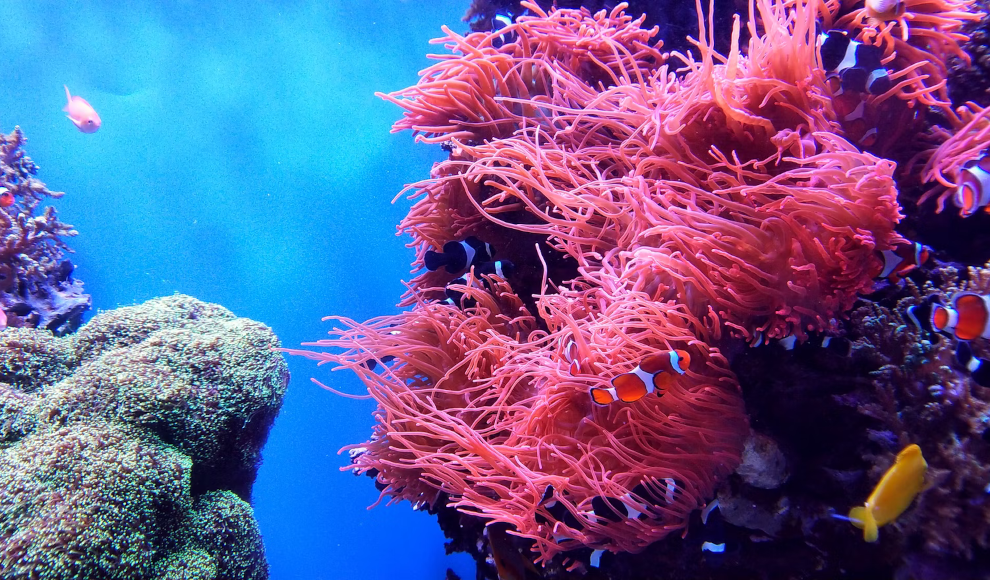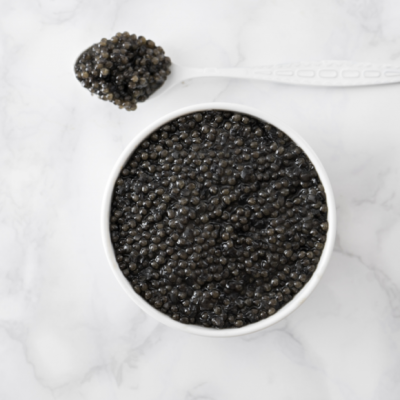Coral reefs are facing a significant threat from climate change, with global coral stocks declining by around 14% in the last decade. However, a recent study by the Arizona State University has found that not all coral reefs are equally vulnerable to the effects of climate change. The study, published in the journal PNAS, found that coral reefs with a high density of coral colonies are more resistant to higher water temperatures caused by climate change. This knowledge could help to inform targeted conservation efforts to protect these vital ecosystems.
The study focused on the effects of heatwaves on coral reefs around the six main Hawaiian islands. Using satellite and infrared images, the researchers analyzed the impact of a prolonged heatwave that lasted from July to October 2019. They found that coral cover had declined by 26% within a year, with some reefs experiencing losses of up to 40%. However, the study also found that reefs with a higher density of coral colonies were more resilient to the effects of the heatwave. The researchers suggest that this may be due to differences in the genetic makeup of the coral colonies.
The study’s findings could have important implications for conservation efforts. While some coral reefs may be too vulnerable to save, targeted protection measures could help to preserve the most heat-resistant reefs. The researchers hope that their findings will help to inform conservation efforts and protect these vital ecosystems for future generations.










